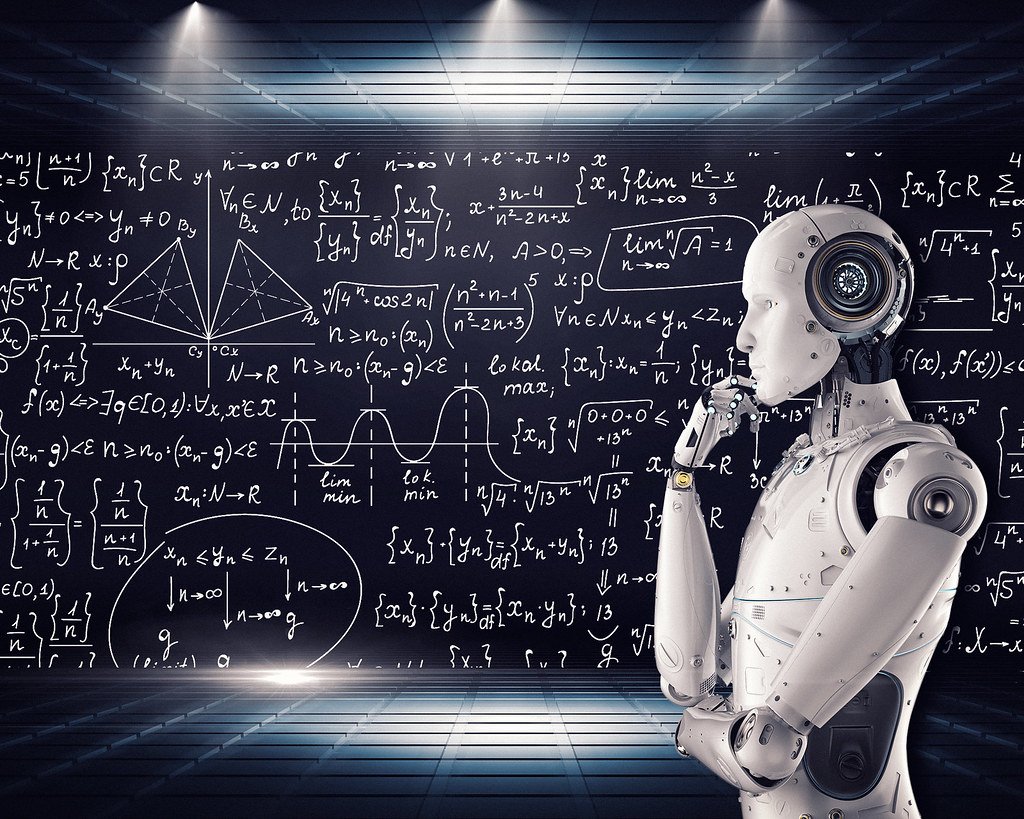Global Markets: Navigating Through Uncertainty
World markets are wrapping up an unpredictable August. While the closing is notably stronger than the earlier half, concerns such as inflation, interest rate fluctuations, China’s economic downturn, and geopolitics are casting shadows. Let’s break down these concerns and assess their potential impacts on global economies.
U.S. Labor Market and Interest Rate Conundrum
Evidence from Wednesday suggested a relaxation in the tight U.S. labor market. Despite these indicators, market experts remain in two minds about the Federal Reserve’s next move. Will they hike the interest rates once more? The futures market seems to be on the fence, predicting an even chance of another rate increase come November.
Shifting our focus from employment, inflation will take center stage on Thursday. The Fed-favored July PCE inflation figures are predicted to reveal a minor rise in core inflation rates: 4.2% up from 4.1%. These figures, although may appear insignificant, can deeply influence the market. The annual inflation data seems muddled when you consider August’s figures from the Eurozone, where inflation stayed surprisingly consistent at 5.3%. However, when food and energy were excluded, it dropped to 6.2%, a figure lower than anticipated.
China’s Economic Struggles and Market Repercussions
China’s economic difficulties are casting a shadow over the global mood. This week, China has been a hive of activity with international economic diplomacy, initiatives to bolster the property sector, and corporate earnings reports. These efforts, however, have not gone unnoticed or without consequence.
Chinese stocks, for example, reflected the country’s economic unease. On Thursday, these stocks dipped into the negative after manufacturing activity was reported to have contracted for the fifth consecutive month in August. Although this decline was slightly better than forecasts had predicted, an unexpected downturn in the service sector caused a ripple of disappointment in the market.
On the bright side, China’s tech realm received a boost. To compete with U.S. advancements in artificial intelligence, China fast-tracked its progress. Major tech firms, such as Baidu and SenseTime, unveiled AI chatbots for public use, following governmental approval. This move is a part of China’s strategy to broaden AI product usage, marking its competition with the U.S. While there was an initial spurt in tech stocks, gains were subsequently moderated.
China’s Geopolitical Dance
Geopolitical undercurrents continue to influence markets. After the much-publicized expansion of the BRICS group – which many see as China’s response to the U.S.-dominated G7 bloc – China seems to be re-evaluating the upcoming G20 summit’s importance. Indications are that Chinese President Xi Jinping might give the summit a miss, delegating Premier Li Qiang to represent China at the meeting in New Delhi on September 9-10.
Market Trends in Asia, Europe, and the U.S.
Asia’s markets exhibited mixed responses – some were flat while others leaned towards the negative. In contrast, European stock exchanges reported gains, and U.S. futures remained consistent as Thursday dawned. If current trends continue, the S&P 500 is set to conclude the month with a decline of less than 2%. This would disrupt its five-month streak of growth.
In response to the lukewarm jobs data, U.S. Treasury yields remained constant at the lowest point this week, with all eyes on Friday’s August payrolls report. With the release of inflation details, the dollar strengthened, while the euro weakened.
In corporate news, UBS’s shares surged by 6.3%, their highest since late 2008. The spike followed the bank’s announcement of its ambitious cost-saving strategy, aiming to save over $10 billion across its operations.
Thursday’s Market Watchlist
Several events are earmarked for Thursday that market enthusiasts should monitor closely:
- Releases include U.S. July personal income/consumption data, the PCE inflation gauge, weekly unemployment claims, and Chicago’s August business survey.
- Talks by key figures: Boston Federal Reserve President Susan Collins, Atlanta Fed chief Raphael Bostic, and European Central Bank Vice-President Luis de Guindos.
- The U.S. Treasury will auction 4-week bills.
- Corporate earnings announcements are expected from leading companies such as Broadcom, Dollar General, Campbell Soup, Hormel Foods, and Lululemon.
In Conclusion
World economies are interlinked more than ever, and a ripple in one part can create waves elsewhere. Current data shows the U.S. labor market’s complex relationship with inflation rates, China’s economic challenges and ambitions in tech, and the ever-present shadow of geopolitics on market behavior. As September unfolds, all eyes will be on how these multiple factors interplay and shape the global market landscape.
Read More:
